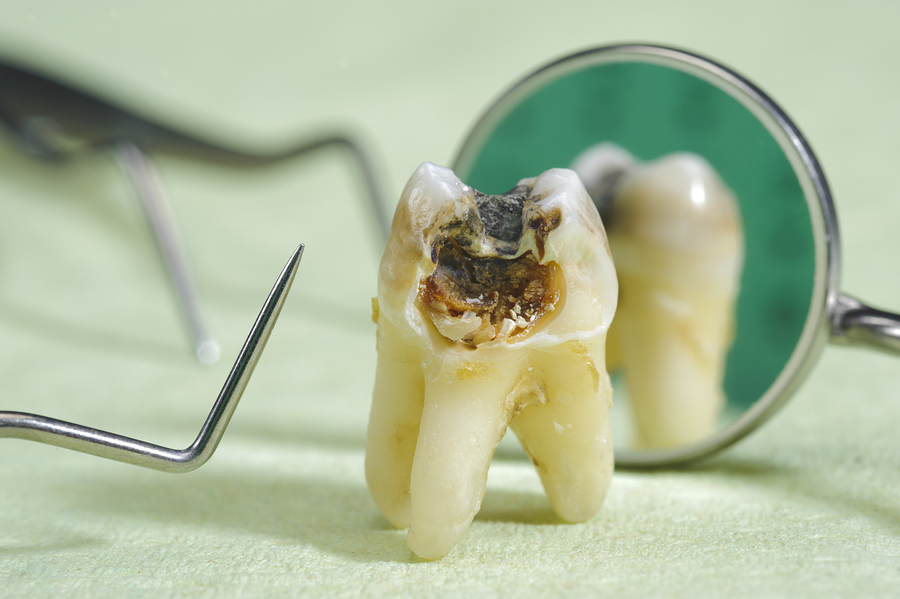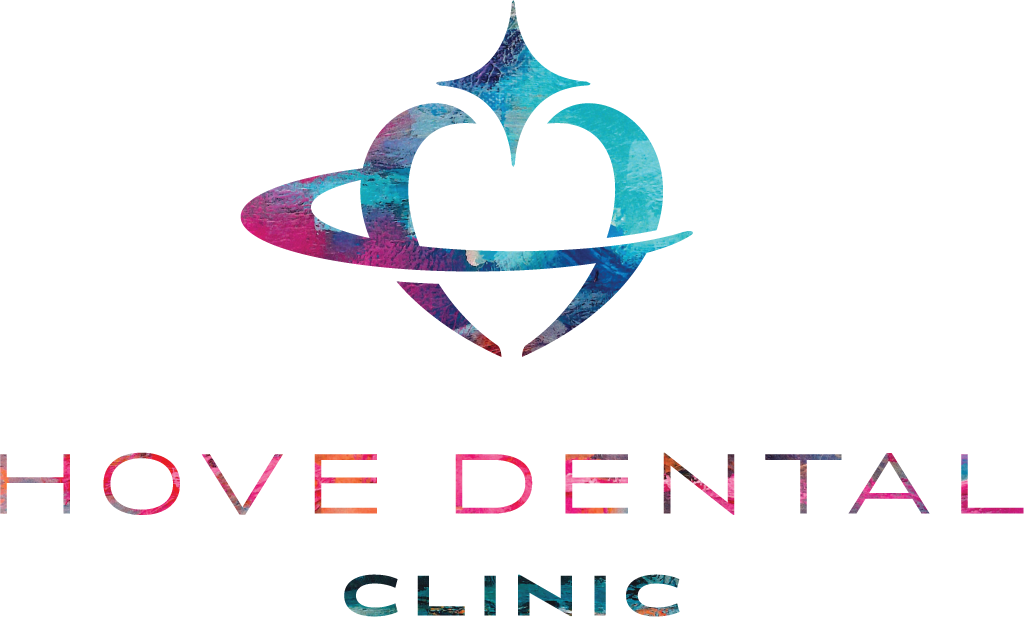Halitosis, or bad breath, is a condition that is common and will mostly respond to home treatments. The often embarrassing condition gets its name from the Latin word ‘Hallitus’ (which translates to ‘Breath’) and the English word ‘Osis’ (which denotes a process or condition). If you have bad breath you may be able to treat it yourself.
Some of the most common causes of halitosis include the following:
- Eating strong-smelling foods: Certain foods can easily affect your breath. Spicy foods are a common culprit, so you can avoid eating certain dishes at certain times if you are worried about having bad breath. Other problem foods include garlic, dairy and strong onions.
- Drinking strong-smelling liquids: Drinks can affect the mouth just as much as foods, which people often fail to realise. A strong cup of coffee is a good way to coat the tongue and mouth, which can lead to bad breath. Alcohol is also a common cause of halitosis.
- Gum disease, tooth decay and infection: Specific medical conditions can easily cause chronic bad breath that does not go away with treatment, as does poor oral hygiene. People with periodontal disease, rotten teeth and other problems may experience chronic issues with halitosis.

You can also get halitosis as a result of acid reflux, as stomach acids reaching the mouth can smell quite badly. Smoking may also cause halitosis, as well as a variety of other medical conditions. Some non-dental medical conditions can also cause halitosis. But, the most common causes of halitosis are usually treatable by yourself.
If you have bad breath that does not respond to home treatment you may have a dental condition that will respond to a professional treatment. As experts in providing dental care, we are well-placed to explain more about halitosis. You can get treatments in the Brighton and Hove area by getting in touch with our clinic.
How to Get Rid of Halitosis
There are many quite simple ways of getting rid of bad breath. The best way is to treat the root cause. You might not want to give up spicy foods or your morning cup of coffee, but there are ways to make sure most of your routines stay the same but you manage to avoid bad breath.
Lifestyle changes to avoid halitosis include:
- Try sugar-free drinks: A sugary coffee, tea or soft drink can easily make your breath worse. Sugar residue can penetrate deep into the crevices of your teeth and gums, and stay there for a long time. Chronic bad breath caused by sugar intake can cause many other risks to oral and general health.
- Quit smoking: Refraining from the use of tobacco products is good for your overall health. Health problems from smoking can lead to serious medical conditions, as well as bad breath. As a result, it is wise to quit smoking for a variety of reasons – not just to fix bad breath.
- Use better brushing technique: Properly brushing your teeth can prevent halitosis, tooth decay and a variety of other problems. Brushing and flossing more thoroughly can remove food particles and dead cells that remain in your mouth and prevent periodontal disease, which is a major cause of bad breath.
The lifestyle changes mentioned above will go some way to solving a halitosis problem in many cases. There are other practical things you can do to mitigate the effects of halitosis if a lifestyle factor is the cause, and even if there is a medical or dental condition that is the underlying problem.
Tips to reduce the impact of halitosis in the mouth include:
- Try a tongue scraper: If you suffer from morning breath or halitosis in certain situations, such as when eating problematic foods, you can try a tongue scraper. It can feel strange to use a tongue scraper, but they can effectively remove the foul-smelling residue from the top of the tongue.
- Clean your dentures: People who wear dentures should keep them as clean as possible. It is easy for dentures to smell, especially as there is potential for food particles to become lodged within them without the wearer noticing. Thoroughly clean dentures as much as you would with your healthy teeth.
- Use mouthwash: If you experience bad breath after eating certain foods then mouthwash can be a simple but significant help. Miniature bottles of mouthwash are available for travel, and can easily be stored in a pocket along with hand sanitiser, tissues and any other essential items.
If you have the symptoms of bad breath, the causes may be the result of a dental condition. In this case, while prevention and treatment methods may help, they will not provide a permanent solution for the problems of halitosis – meaning that it will probably recur. Getting appropriate dental treatments can help in this case.
What to Know About Halitosis
Halitosis is a term used for the symptoms of bad breath, which can have many causes – notably certain foods or drinks leaving residue in the mouth, or on the tongue. Dental conditions can also cause halitosis. Without treatment for halitosis caused by dental issues, treatment and prevention methods will not be effective.
We will treat the causes of halitosis that you are unable to treat yourself. You can fix most causes of halitosis with a professional treatment plan. Please feel free to get in touch with our Brighton-based clinic to book a treatment, where we specialise in treating nervous patients.




















